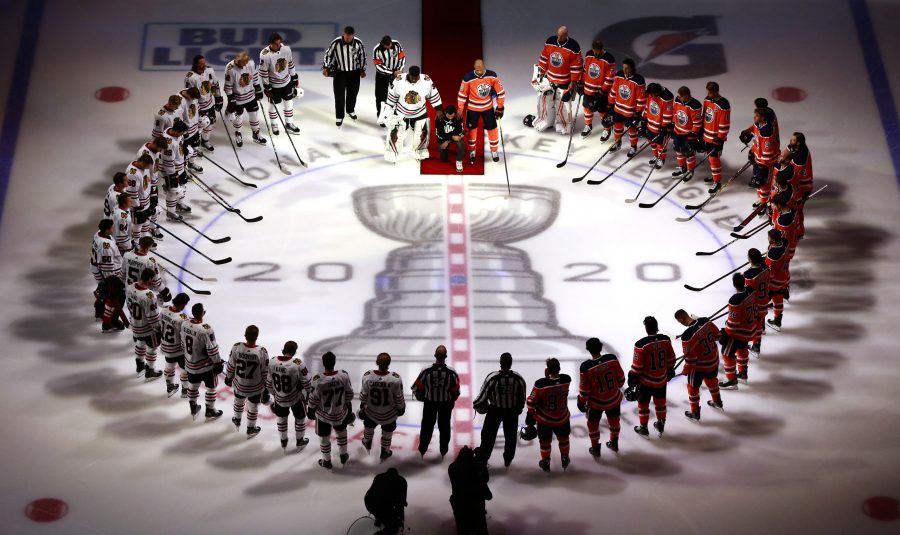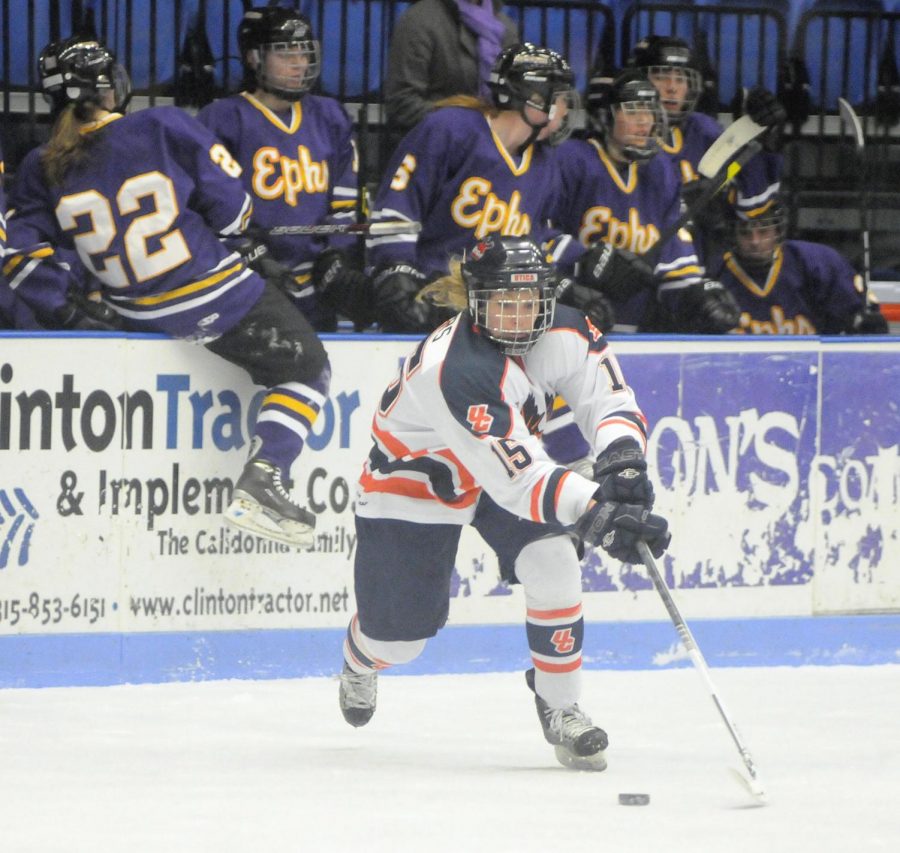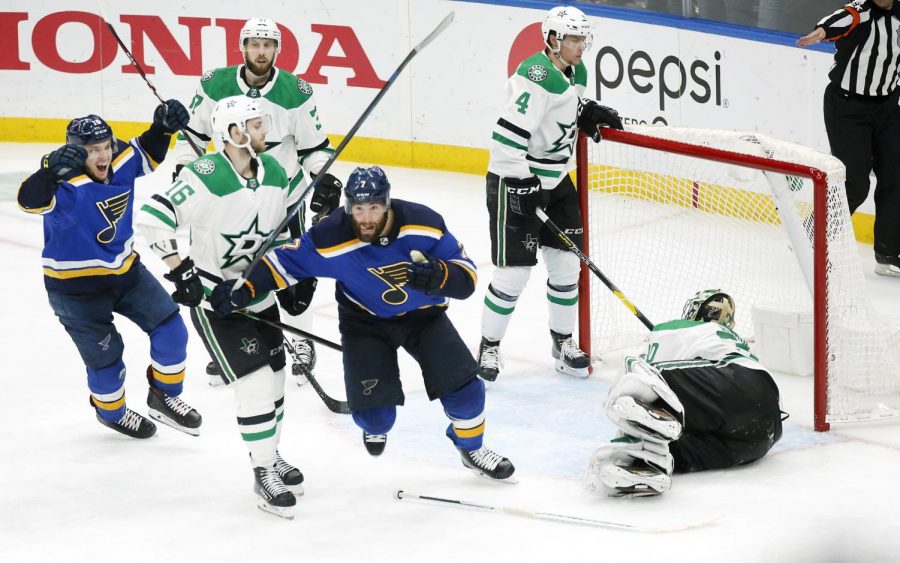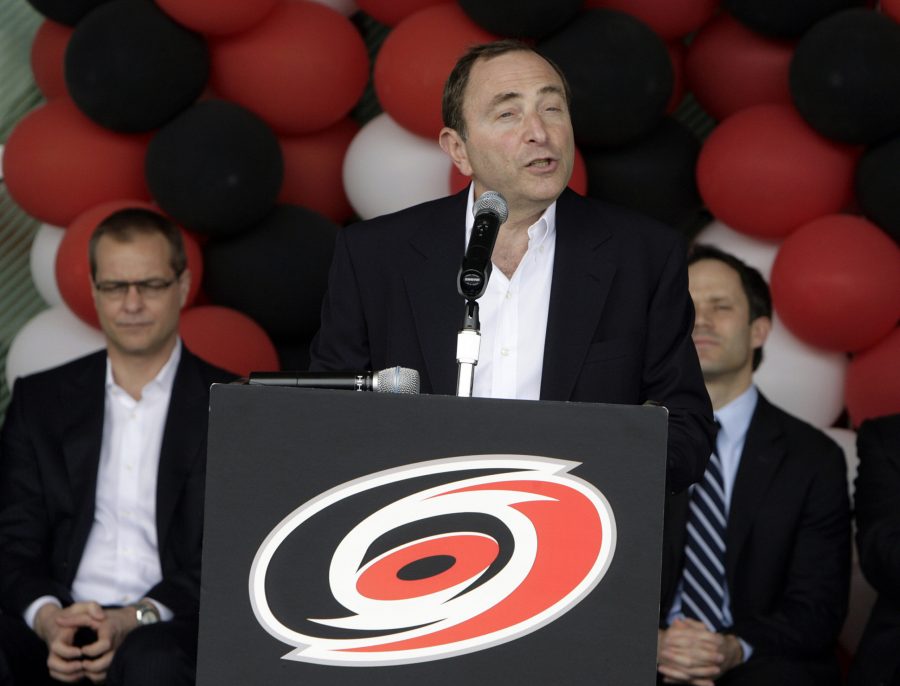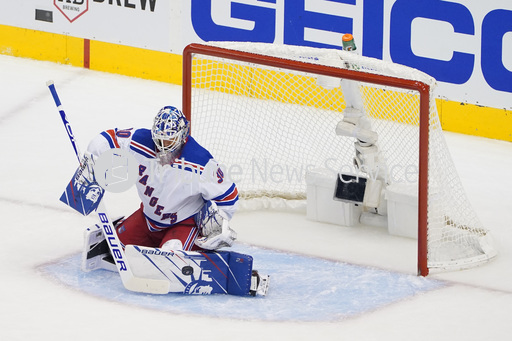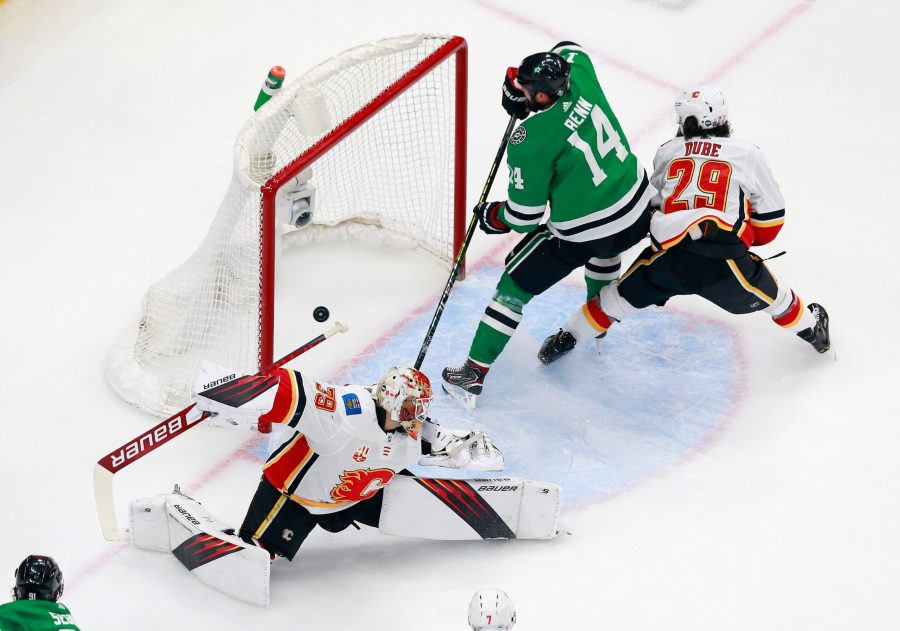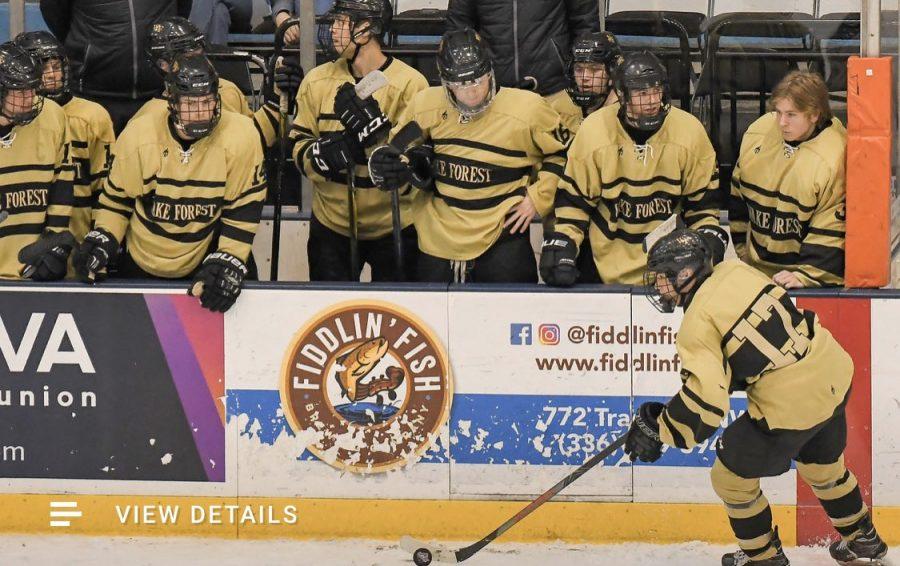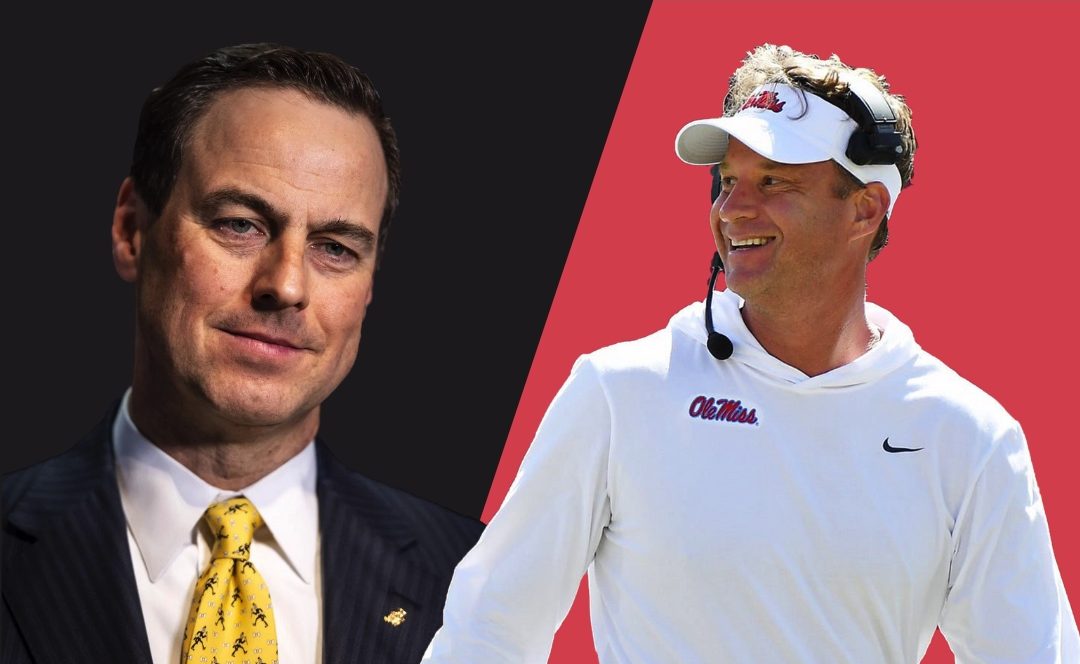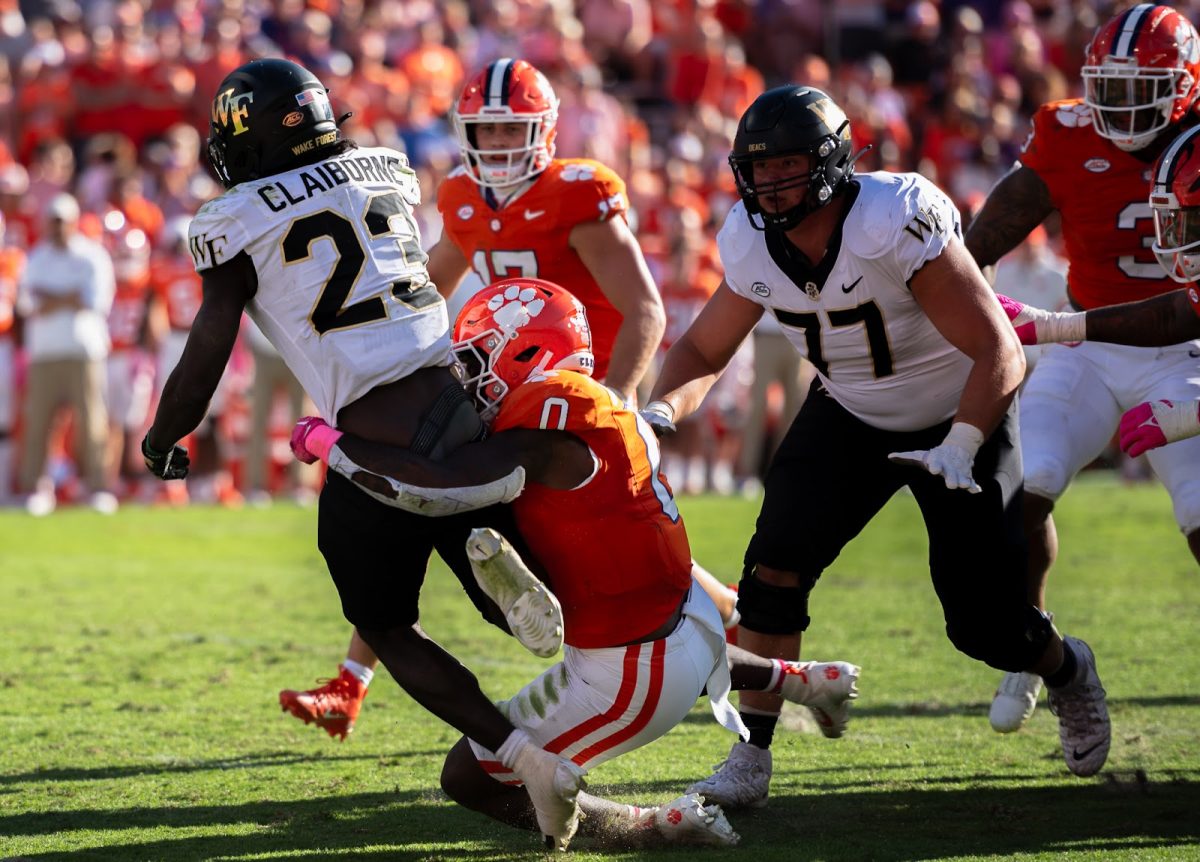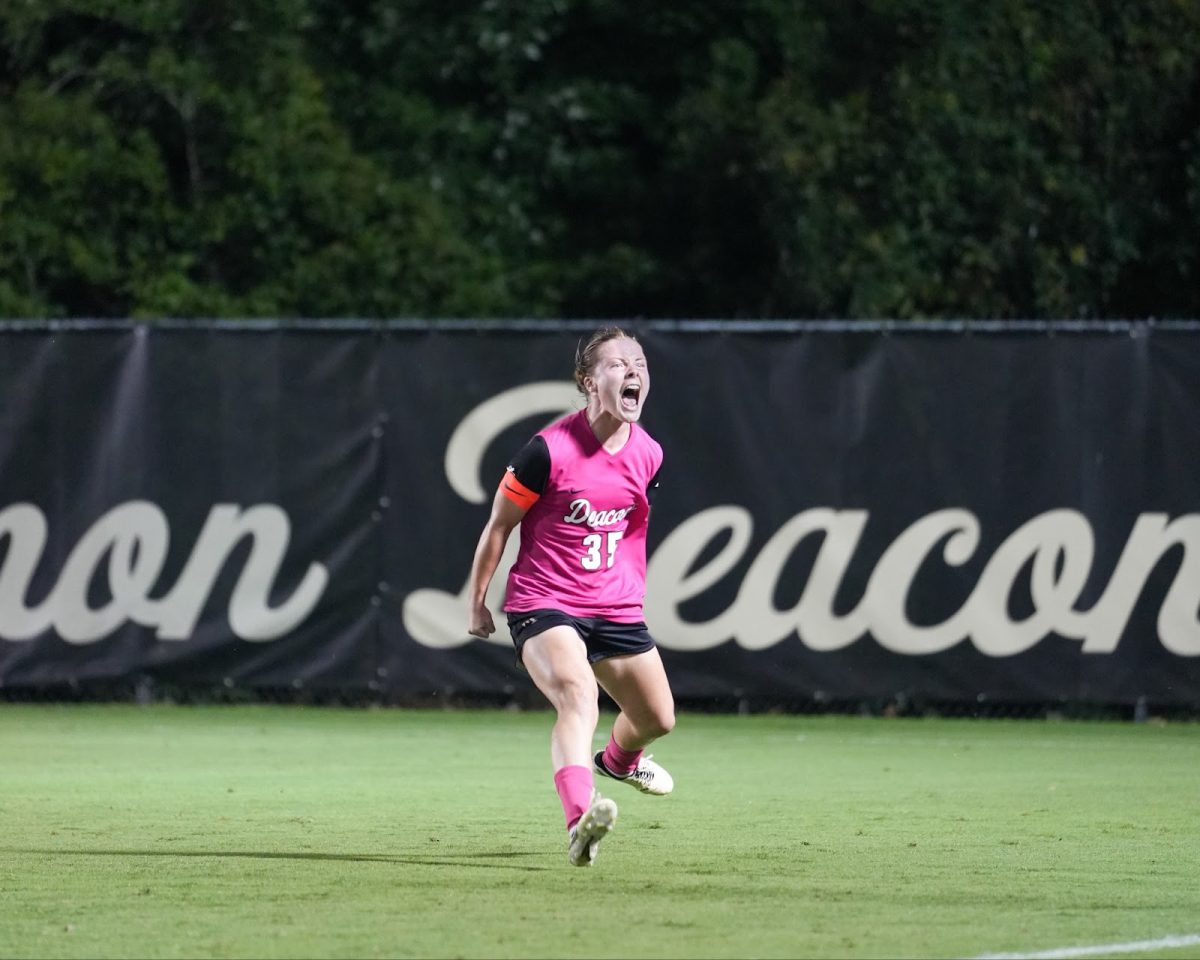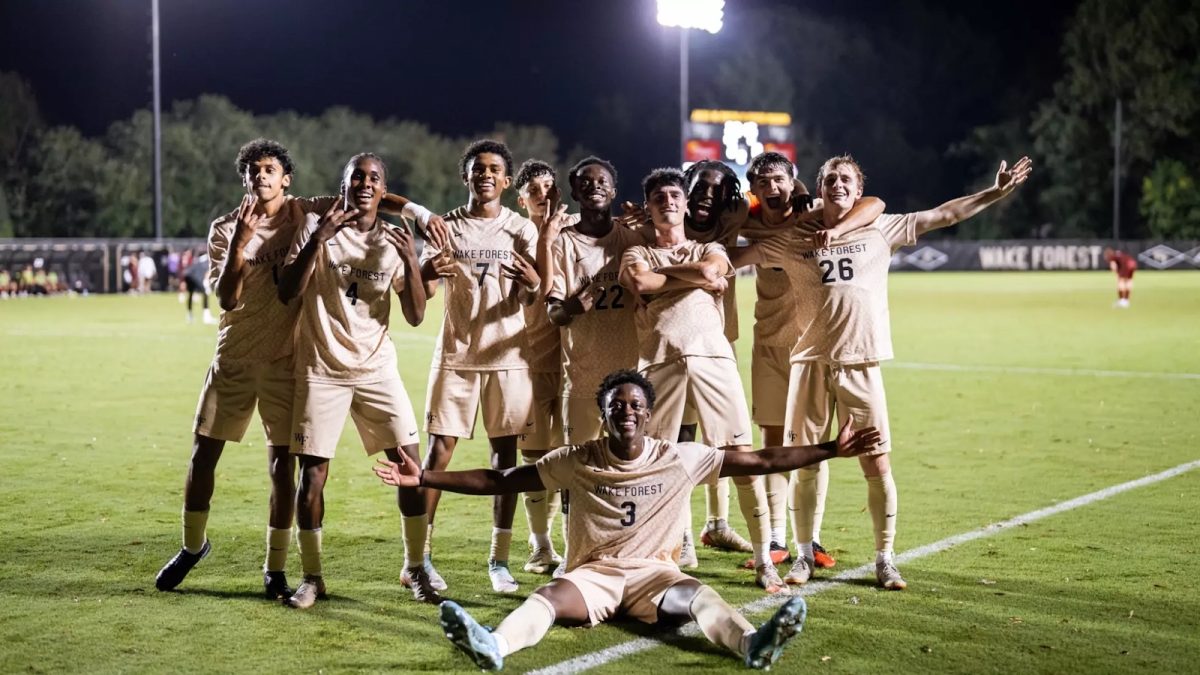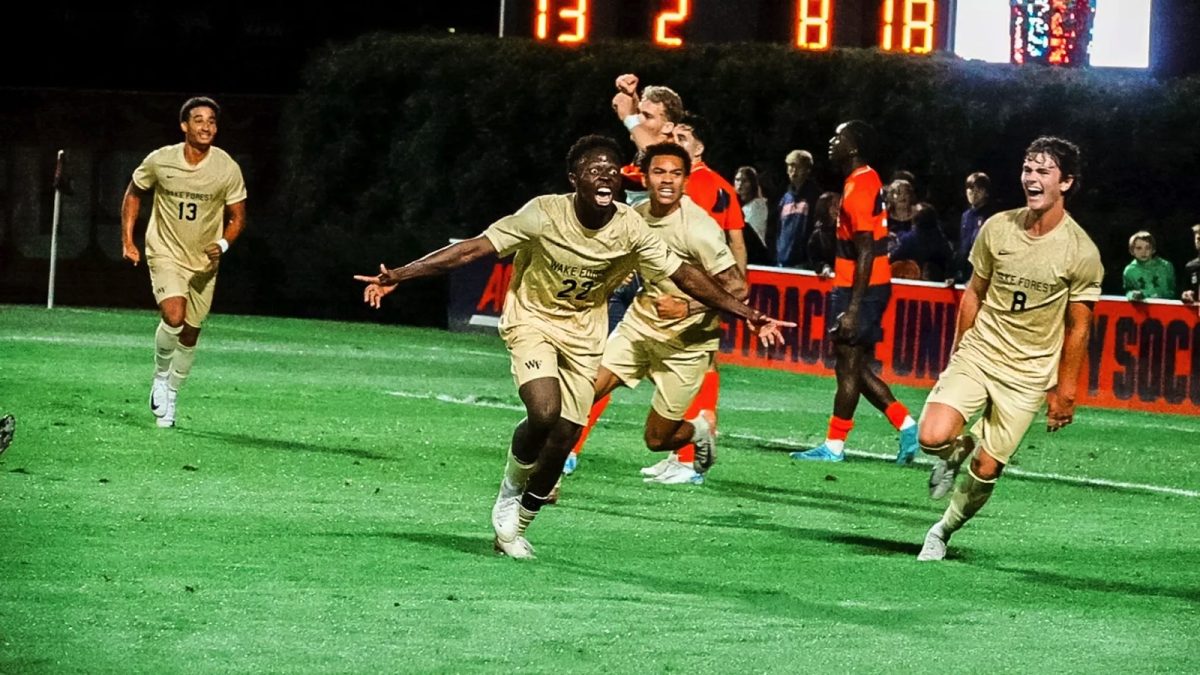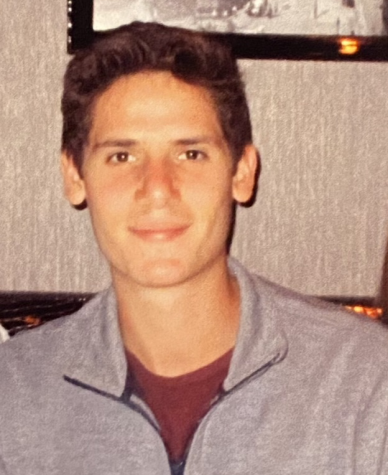Before the first puck was dropped in Edmonton, the location chosen to host the Western Conference bubble, Minnesota Wild defensemen, Matt Dumba, addressed the crowd-less arena: “I know first-hand as a minority playing the great game of hockey the unexplainable and difficult challenges that come with it.” He said. “Black lives matter. Breonna Taylor’s life matters. Hockey is a great game, but it could be a whole lot greater, and it starts with all of us.” Dumba, after finishing his speech, became the first NHL player to take a knee during the national anthem.
The powerful address came on Aug. 1 — the day the sport returned after a 142-day, Coronavirus-induced hiatus. Since, hockey fans have been inundated with virtually non-stop, thrilling, playoff-caliber games; yet, it has been what has taken place beyond the ice that will have the most deep-rooted effects on the NHL and hockey at large for decades to come.
It was almost eight months ago that the former NHL player, Akim Aliu, made his accusations against former coach, Bill Peters, public. In a disturbing account published in The Players Tribune, Aliu recounted an instance from over a decade ago in which Peters “dropped the ‘N-bomb’ several times in the dressing room [during Aliu’s] rookie year because he didn’t like [Aliu’s] choice of music.” When Aliu called out his coach for using the slur, he was demoted to a lower league. Peters, head coach of the Calgary Flames at the time the report was released, has since resigned.
Aliu, who was born in Nigeria, brought the topic of racism to the foreground in what has, historically, been a predominantly white sport (as of January, only 43 of the over 700 players in the NHL are of color). And, whether he intended it to or not, Aliu’s resolute decision to bring his truth to light has emboldened other members of the hockey community across the globe to share their own accounts of discrimination and intolerance.
The NHL listened to Aliu and his compatriots, and in June, announced the launching of the Hockey Diversity and Alliance Program (HDA), a grass-roots initiative which intends “to eradicate racism and intolerance in hockey” (per a statement released by the HDA). Aliu and Dumba are among the seven current and former players who will lead the commission.
The top priorities of the HDA are to “promote diversity through community outreach and make the game more affordable and accessible while advocating for acceptance and equality.” While the HDA will operate independently from the NHL, Kim Davis, senior vice president of social impact and legislative affairs of the NHL, stated the league intends to work in alliance with the organization to “advance the role of our sport in society” per NHL.com.
The NHL has announced several internal initiatives designed to combat racism and promote tolerance around the league. Among them are a mandatory inclusion and diversity training program for all players and team and league officials, as well as the creation of Player-Inclusion, Fan-Inclusion and Youth-Inclusion committees.
In the aftermath of Jacob Blake’s shooting in late August, the HDA called on the NHL to postpone playoff games, as had happened in the NBA and MLB. The players union and league agreed, and two days of games were postponed, giving players such as Nazem Kadri of the Colorado Avalanche the opportunity and platform to address the importance of the moment. “A collaborate effort [is necessary] to create sustainable change. It’s gonna have to be the whole league, it’s gonna have to be collectively. Not just one or two guys. Strength in the numbers is key.” he said, per The Canadian Press.
The NHL validated their commitment towards change when they took part in a joint statement in mid-August alongside the NBA, MLB and NFL, announcing that they would make arenas available as ‘election super centers’ this year. Venues included, such as NYC’s Madison Square Garden, have ample space, which will allow for socially-distanced voting and alleviate stress on smaller, less well-equipped voting centers.
As is the case for the country as a whole, creating sustainable change within hockey culture will take time. With strong voices backed by the support of the league, the HDA and the NHL hope that by tackling hate and promoting equality and inclusion at every level of the game, such change is not too far off.


